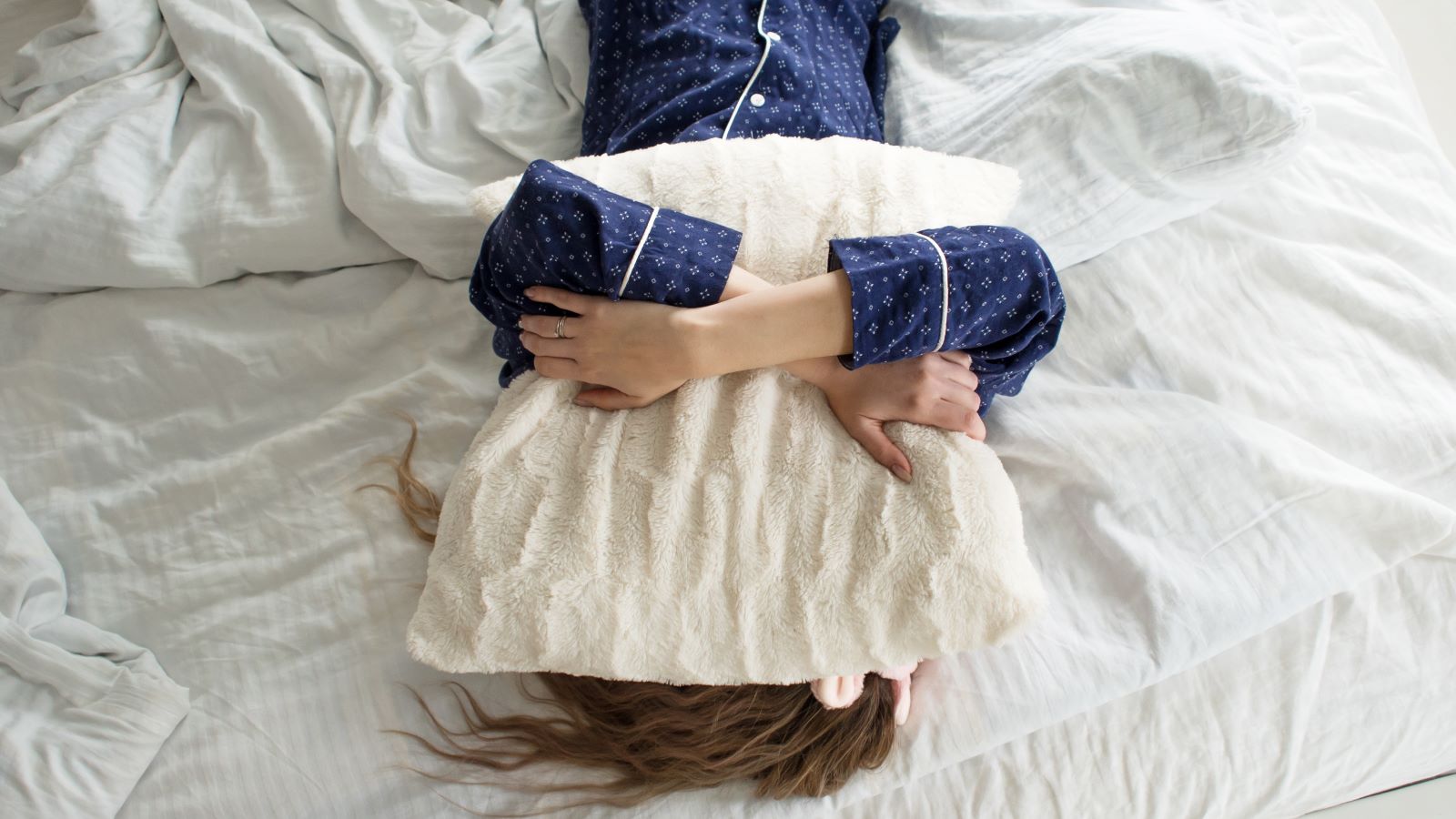<< Back
6 Ways to Cope With Hangxiety After a Night of Drinking

May 09, 2024
Headaches and nausea are the tell-tale signs of a hangover. Some people also experience “hangxiety” — a sense of dread, nervousness and regret after a night of drinking.
But is hangxiety really a thing? And is there anything you can do about it?
We asked J. Craig Allen, MD, vice president of addiction services for Hartford HealthCare and medical director of Rushford, part of its Behavioral Health Network.
The science behind your hangxiety.
A blend of “hangover” and “anxiety,” hangxiety describes the disruption alcohol causes in the mind and body, Dr. Allen explains.
“Imagine the brain as an organ striving to achieve balance, kind of like a teeter-totter,” says Dr. Allen. “On one side of the teeter-totter is GABA, a sedating, relaxing neurotransmitter. Glutamate, an activating neurotransmitter, sits on the other side.”
Alcohol enhances GABA activity so our brains don’t need to make as much when drinking. And at the same time, the brain offsets the added GABA by making more glutamate. The issue is that when the alcohol supply stops, there’s less GABA to relax us, but too much glutamate keeping us alert.
“This imbalance can leave someone feeling anxious, irritable and struggling to sleep,” Dr. Allen says.
About 12% of people drinking varying amounts of alcohol will wake up the next day with hangxiety.
> Related: Is It Possible to Cure a Hangover?
If you have hangxiety, start by treating the hangover first.
Hangxiety can be overwhelming, especially when mixed with the effects of a hangover. So treating any physical effects of alcohol is a good first step.
“When we’re not battling nausea or a headache, we can better address our emotional health,” Dr. Allen says.
Somethings you can do include:
- Drinking sports drinks or juices containing electrolytes.
- Eating light but nutritional meals including fruits like bananas, high protein like salmon or chicken and other foods that will give you vitamin B, Zn and potassium.
- Getting enough rest.
- Taking over-the-counter pain medications for head or muscle aches.
Light exercise and relaxation can help you cope with hangxiety.
Once you’re physically feeling better, you can use coping skills to ease your hangxiety including:
- Managing stress through light exercise or yoga.
- Trying meditation and other relaxation techniques to help ease a racing mind and self-care activities like a long bath.
> Want more health news? Text StartHere to 85209 to sign up for text alerts
But the best treatment for hangxiety is prevention.
If you’re planning to drink, eat before you start, hydrate with plenty of non-alcoholic fluids and set a cut-off number of drinks you’ll have before switching to non-alcoholic beverages.
In the long-term, Dr. Allen suggests examining your relationship with alcohol and the role drinking plays in your life.
Drinking is considered “at-risk” if weekly consumption exceeds 14 or more than four on any single day for men. For women, at-risk numbers are more than seven drinks a week or three on a single day.
“Staying within those guidelines means you’ll be less likely to suffer side effects like hangxiety,” Dr. Allen says.